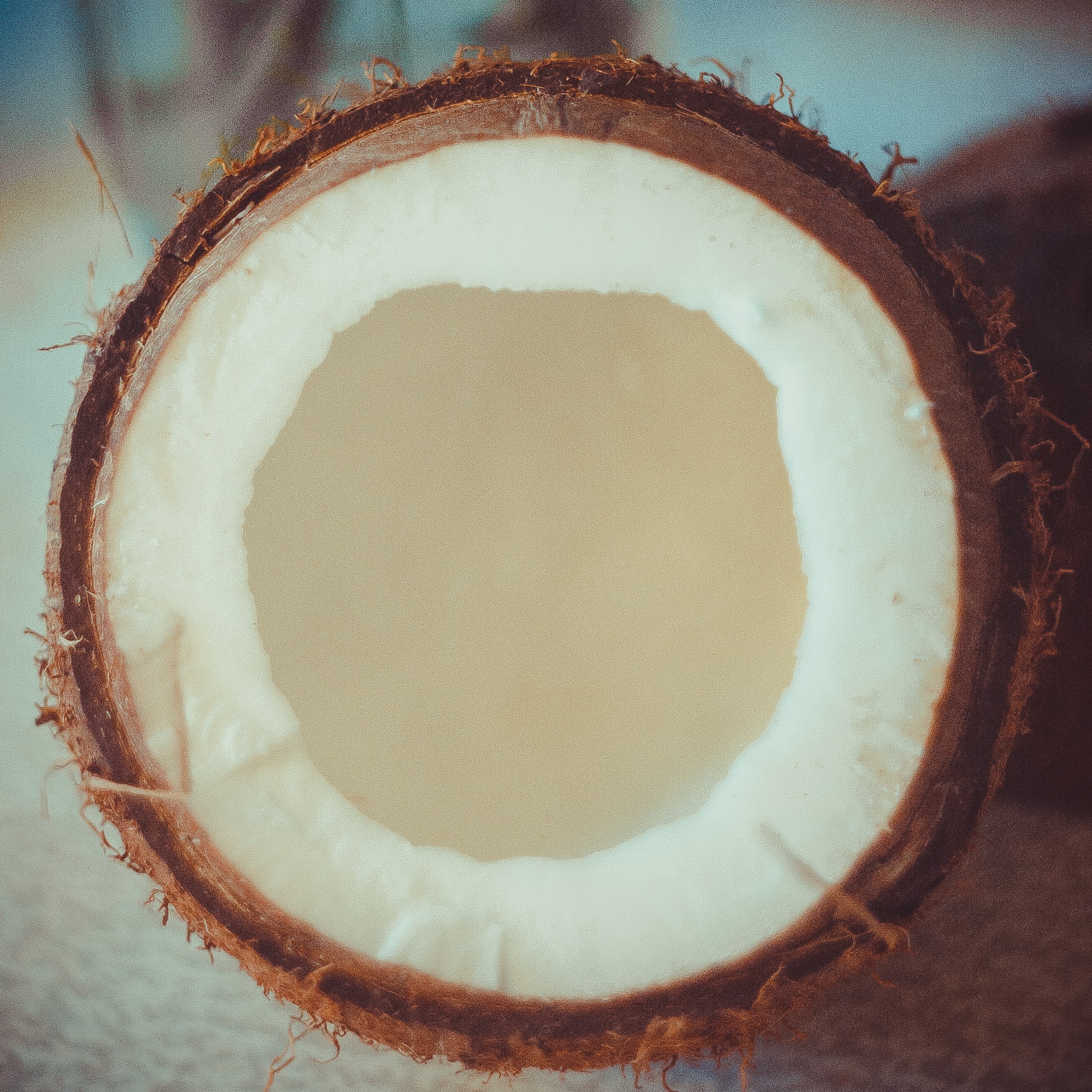 Photo by Brooke Cagle on Unsplash
Photo by Brooke Cagle on Unsplash
How Can I Remove Henna from My Hair?
Henna is exceptionally difficult to remove from hair, unfortunately. It?s so tricky, in fact, that many salon experts won?t even go near a head that?s been colored with henna! Resistant to bleaching and lightening techniques, henna will have a steadfast hold on your locks for months to come.
This might sound discouraging, especially if you?ve gotten results from a henna dye that you want to do away with, but don?t fear! It is very much possible to remove henna from your hair ? without bleach or even a salon visit.
 Photo by sarandy westfall on Unsplash
Photo by sarandy westfall on Unsplash
Oil Pulling Henna Out of Hair
One of the most time-honored, hair-safe and effective means of removing unwanted henna pigmentation from hair is the use of oil. I?m not talking about a small amount of coconut oil or a spritzing of an olive oil-based product.
No, I am talking about absolutely coating, saturating, your hair with different types of oils. If you?ve already used henna-based hair color, you know that the coloring process can be quite messy. Well, the removal process is, too.
Gather Your Supplies
To use oil to pull the henna out of your hair, it is best, to begin with, a head that?s been washed with a clarifying shampoo. This gets rid of oils and styling products that could impact the oil?s ability to lift pigment from hair shafts. From there, it?s time to bust out three oils that hair loves: argan oil, olive oil, and coconut oil.
Create a Mixture
You?ll want to create a mixture of equal parts argan, olive and coconut oil. Make sure to make enough to thoroughly coat your hair, from root to tip.
I recommend wearing gloves while doing this because, while staining isn?t an issue, oils can be quite tough to completely wash from hands. That said, if your hands are a bit on the dry side, skipping the gloves could revitalize and hydrate the skin. So, really, that part is up to you.
 Photo by Katherine Volkovski on Unsplash
Photo by Katherine Volkovski on Unsplash
Apply to Hair
After you?ve made your mixture, it?s time to apply it to your hair. Stand over your bathtub or a towel that you don?t mind getting doused with the concoction. It?s probably best to wear a shirt that you don?t mind getting messy, too.
Slather the combined oils all over your hair and then secure it in a shower cap. Leave the shower cap on for as long as you can (I chose an overnight treatment) and occasionally blast it with the heat from your hair dryer. This helps the oil to more effectively pull the henna pigments away.
After you?ve sat with the mixture on your head for a sufficient period of time, it?s time to rinse and bust out that clarifying shampoo again. Follow up with a conditioner, dry, and witness how much these oils have achieved in lifting the henna from your head!
Oil pulling henna out of hair is time consuming and may require several applications. However, it is worth noting that this method does not damage hair. In fact, it leaves hair in better condition than you started!
Is Henna Better for My Hair Than Dye?
Henna is, without a doubt, one of the least damaging methods of getting permanent hair color available today. If you want a hair color that henna provides, and you want to stick with it for a very long time, this is a fantastic alternative to commercial hair dye.
If you like to change up your hair color regularly or on a whim, however, henna is not an ideal product to use. This is simply because of how difficult it is to remove if you ever want to make a change.
Let?s break down the benefits and drawbacks of henna when compared to commercial hair dying products. Once you understand what it is you?re getting into when you use henna, you?ll be able to make the most informed choice possible.
The Pros
- Henna is all-natural, free of additives and parabens that damage hair.
- The results are long-lasting, great for those looking to make a color commitment.
- Henna dyes do not burn or cause itchiness.
- There are no awful, headache-inducing fumes from the use of henna.
- The tannin found in henna actually makes hair softer and stronger.
The Cons
- It takes much longer for henna to properly set in hair, with some applications taking 6+ hours.
- Application of henna can be much messier, due to its sometimes clumpy and gooey texture.
- Henna is quite difficult to remove from hair if you don?t like your results.
- Some products are merely henna based and contain unwanted additives. Shop carefully!
- Henna does not offer a tremendous range of color options.
Originally published at https://www.nailartgear.com on May 20, 2019.


